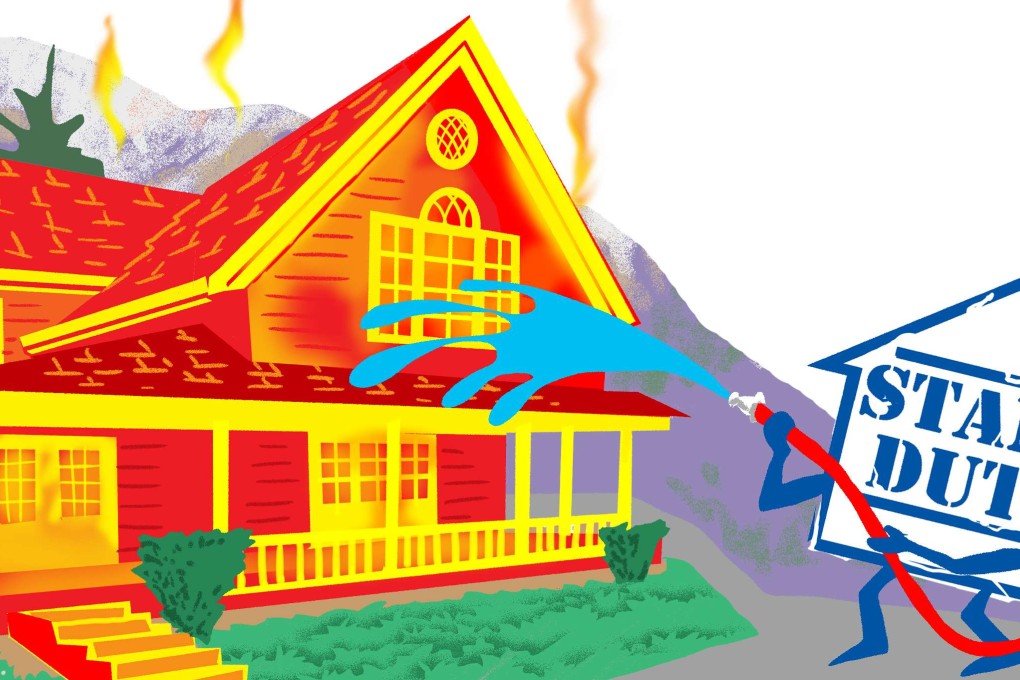Vancouver should look to Hong Kong for lessons in cooling property prices
Richard Cullen says Hong Kong’s stamp duties have proved effective in reining in runaway prices, and other cities – particularly those struggling to cope with cashed-up Chinese buyers – could follow suit


Australia’s most expensive home pitched to Chinese buyers
The media in Melbourne and Sydney, in Australia, for example, carry almost daily stories on this theme. It would seem, though, that the global “leader” in this regard may be Vancouver, Canada. Early in May, it was reported that the benchmark price for a house in the Vancouver region was C$1.41 million (HK$8.4 million) – up 30.1 per cent in one year. (In fact, Vancouver’s problems with excess offshore-sourced demand date back over 30 years to the time of the first major, Hong Kong Chinese immigration wave.)
Canada residential real estate looks risky, but it’s not everywhere
In all three cities just noted – and in most of the cities feeling this pressure (including Hong Kong) – there is a fundamental, underlying problem of demand exceeding supply. Limits on land supply, planning controls (and related complexities) and increases in building cost explain much of the supply-side problem. In all such cities, immigration is driving populations up, year after year, intensifying the demand. These cities are attractive in a number of ways, often in terms of providing good, comparatively lower-cost educational opportunities.
When one adds into this mix a cohort of buyers who are especially “cashed-up”, which, today, means mainland Chinese above all, the affordability problems are amplified. As it happens, these buyers are often strongly focused on long-term educational opportunities, they value “save-haven” investing and they are also used to assisting one another with real estate purchases.
There is no “magic wand” fix for this problem. But Hong Kong has clearly done more than most, in an effective way, to bring the problem under a level of control. There is much that Vancouver could learn from the SAR.

Chinese buyers of property in Canada and the US must stop flaunting their wealth
The provincial government in British Columbia, where Vancouver is located, imposes a property transfer tax on real estate transactions. In terms of structure and operation, it is the equivalent of the stamp duty we pay on real estate transactions in Hong Kong. It applies at a rising rate from 1 per cent to 3 per cent depending on the market price of each transaction.
Might such measures yet come to be applied in Vancouver? Don’t hold your breath